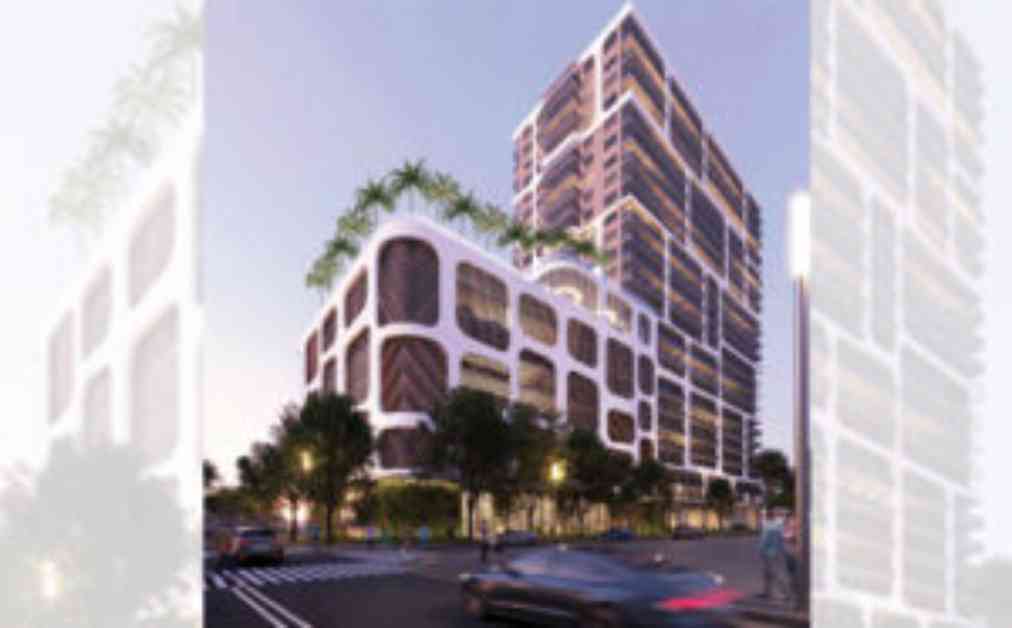The County’s Consideration of Little Haiti Park
In a move that could significantly benefit the Little Haiti community, the county is currently contemplating a proposal from the City of Miami to donate land for the development of a public park. This initiative not only aims to enhance the neighborhood’s appeal but also aligns with the broader goal of advancing the special area plan for Little Haiti.
Benefits of the Proposed Park
The construction of a public park in Little Haiti holds the potential to bring about numerous benefits for both residents and visitors alike. Parks serve as vital communal spaces where individuals can gather, socialize, and engage in recreational activities. By providing a designated area for such interactions, the proposed park could foster a stronger sense of community within Little Haiti, promoting a more cohesive and vibrant neighborhood environment.
Moreover, the presence of a well-maintained public park can contribute to the overall quality of life in the area. Green spaces have been shown to have positive effects on mental health, physical well-being, and environmental sustainability. By creating a green oasis amidst the urban landscape of Little Haiti, the proposed park could offer residents a reprieve from the hustle and bustle of city life, promoting relaxation, exercise, and connection with nature.
Implications for the Neighborhood
The development of a public park in Little Haiti has the potential to have far-reaching implications for the neighborhood’s economic and social dynamics. Parks are known to increase property values in surrounding areas, attracting investment and fostering economic growth. By enhancing the aesthetic appeal of the neighborhood and providing a desirable amenity for residents, the proposed park could contribute to the revitalization of Little Haiti, potentially spurring business development and stimulating local commerce.
Furthermore, public parks play a crucial role in promoting social equity and inclusion. By providing a free and accessible space for all members of the community to enjoy, the proposed park could help bridge social divides and promote cohesion among diverse populations. In a neighborhood as culturally rich and diverse as Little Haiti, the creation of a public park could serve as a unifying force, bringing together residents from various backgrounds in a shared space of leisure and recreation.
Community Engagement and Support
The proposal to develop a public park in Little Haiti has garnered strong support from various stakeholders, including local residents, community organizations, and elected officials. Recognizing the potential benefits of such a project, many have voiced their enthusiasm for the initiative and emphasized the importance of community engagement in the planning and implementation process.
Community involvement is crucial in ensuring that the park reflects the unique needs and preferences of the Little Haiti neighborhood. By actively engaging residents in decision-making processes, the county and the City of Miami can ensure that the park design, amenities, and programming align with the community’s vision and priorities. This participatory approach not only fosters a sense of ownership and pride among residents but also enhances the park’s relevance and sustainability in the long run.
In conclusion, the county’s consideration of the land transfer for the construction of a public park in Little Haiti represents a significant opportunity to enhance the neighborhood’s livability, promote economic development, and foster social cohesion. By leveraging the power of public spaces to bring people together, the proposed park has the potential to be a transformative asset for the Little Haiti community, enriching the lives of residents and visitors alike.


